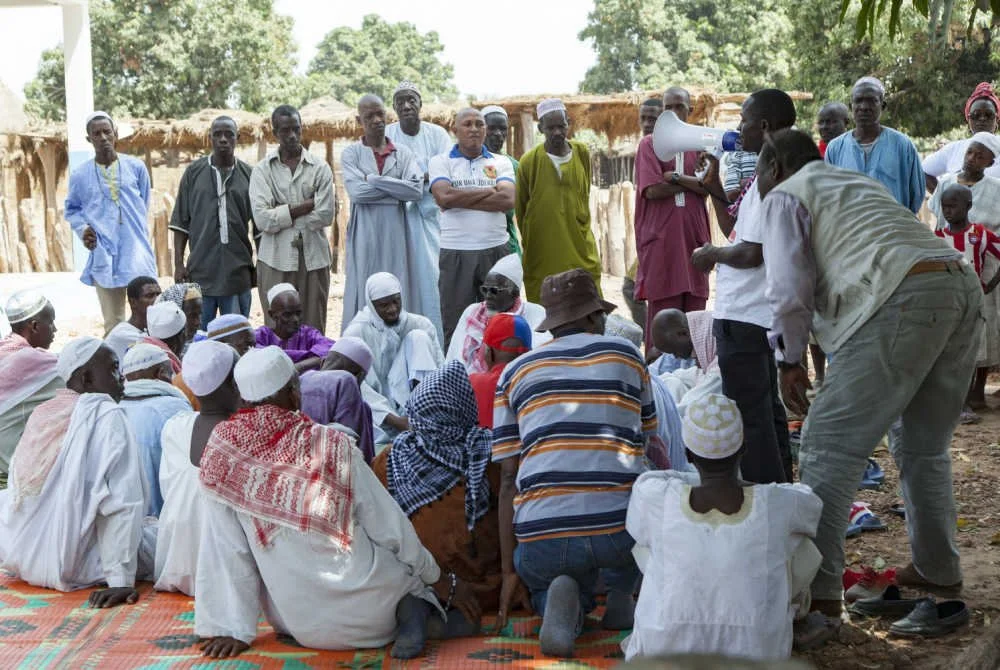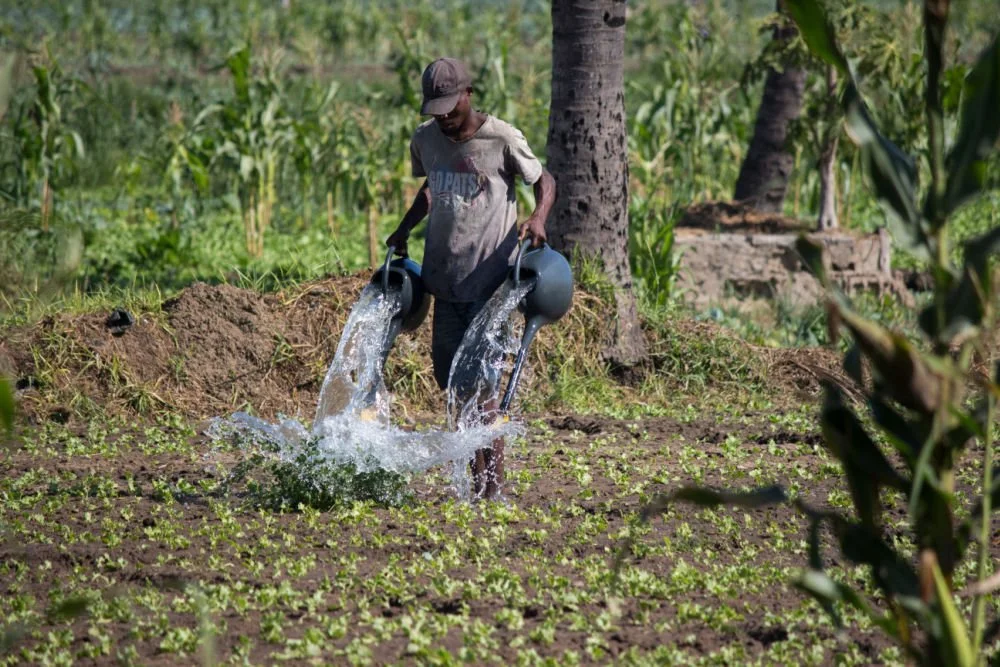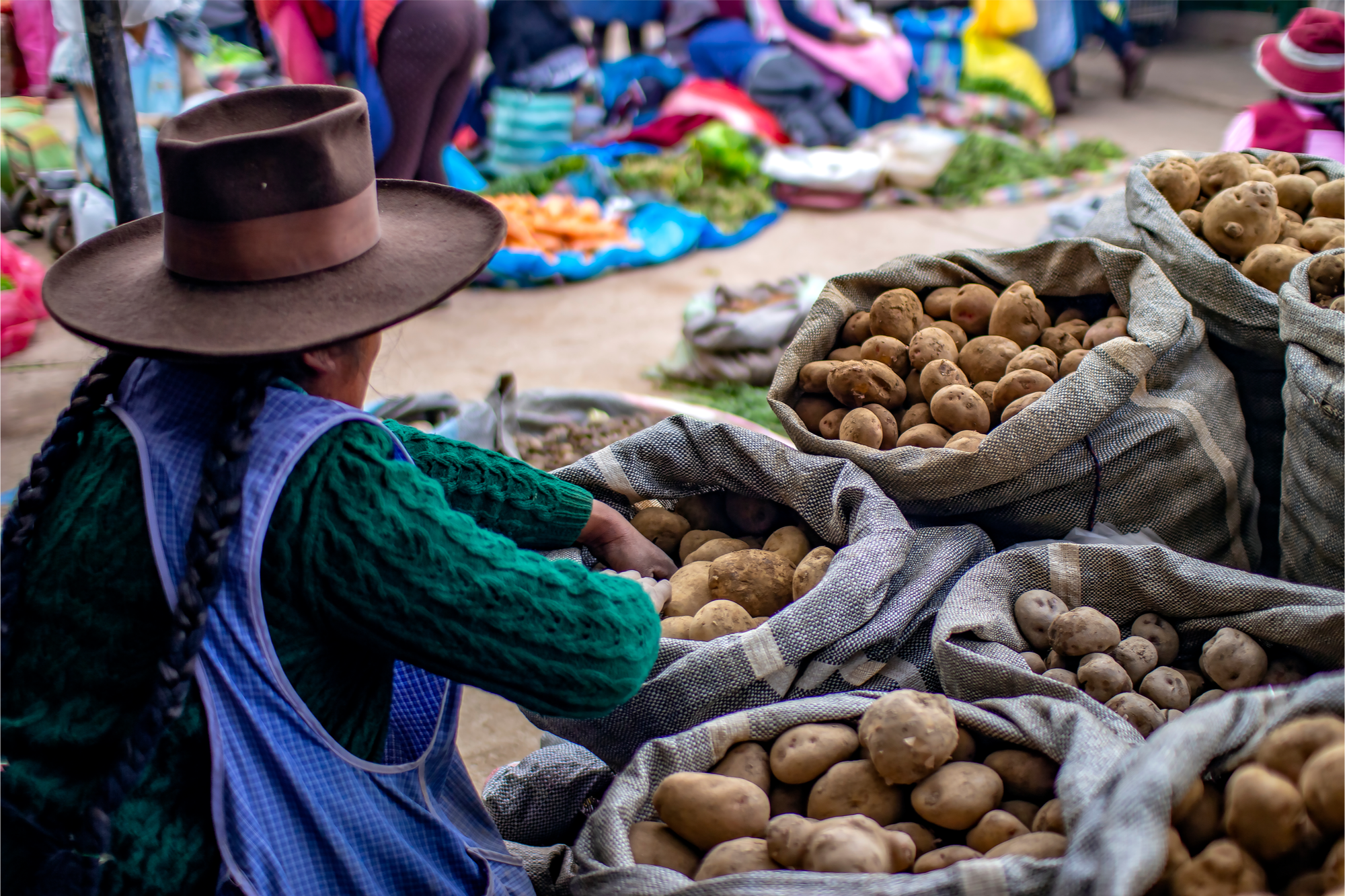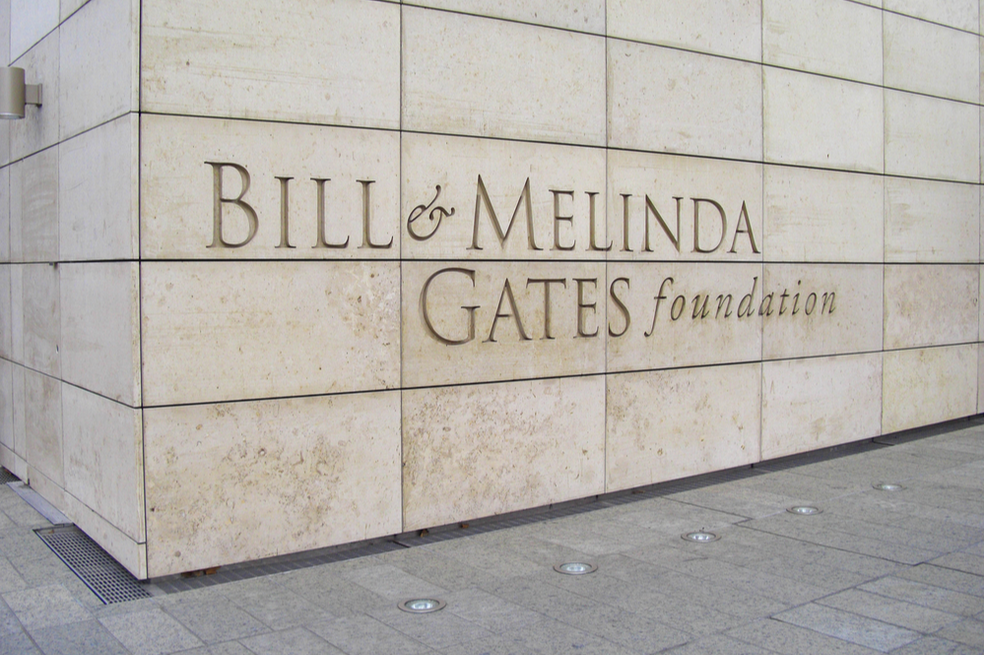The Global Cocoa Crisis and What a Corporate Funder is Doing to Help Farmers in Ghana
/photo: BestForBest/shutterstock
The global cocoa industry is extremely concentrated, with just two countries accounting for around 50 percent of world’s production: Ghana and the Ivory Coast. But as we've reported before, the people who grow and harvest the cocoa trees that keep the world supplied with delicious treats are under growing stress.
While farmers in both countries deliver tons of cocoa to wholesalers each season and governments have taken actions like setting national prices to protect cocoa farmers, producers in both countries face a mounting financial crisis. Their struggle is due to a combination of factors such as decreasing demand and a drop in international prices. And price guarantees aren’t working out exactly the way the governments had hoped, with many wholesalers coming in well below those minimum prices and some flat-out refusing to pay those set amounts.
It turns out that many promises have been made and broken to the cocoa farmers of the world. Cargill, the global food giant, is among those entities that have been criticized at times for the treatment of these farmers. But it's now been working for five years to address concerns raised about its cocoa supply chain, including allegations of child slavery.
In 2012, the company launched Cargill Cocoa Promise, which aims to make a difference in the lives and livelihoods of farmers and their communities. Focusing on Ivory Coast, Cameroon, Indonesia, Ghana and Brazil, the main goals, here, are to “accelerate progress toward a transparent global cocoa supply chain and enable farmers and their communities to achieve better incomes and living standards, and deliver a sustainable supply of cocoa and chocolate products.” Achieving those ends involves a number of moving parts like agricultural development, farmer training and the formation of cooperatives and farmer organizations. It also requires new kinds of financial systems, and the company has its eye on that, as well.
Cargill recently made its first-ever sustainable premium payment by electronic transfer in Ghana. It gave 2 million Ghanaian Cedis, or around $450,000, to 10,000 Ghanaian cocoa farmers, completed through Cargill’s Licensed Buying Company (LBC). The LBC, which began operating in 2016, allows the company to source cocoa directly from certified farmers in Ghana and make those payments by electronic transfer.
Cargill’s electronic payment process is incredibly simple. Famers deliver cocoa to their community warehouses, where the beans are digitally weighed and assigned a barcode. The farmers receive money transfers via phones or e-wallets through one of Cargill’s e-money partnerships with E-Zwich, MTM Mobile Money and Tigo Mobile Money. The barcode allows for a fully traceable supply chain for Ghanaian cocoa beans, which the company was not able to achieve in prior years.
According to a recent press release, Cargill had already implemented this direct transfer system in other origin countries. Introducing the model in Ghana means it is “now better positioned to implement sustainability activities under the Cargill Cocoa Promise.”
Pretty cool stuff. But there are elements of Cargill's work with Ghana’s cocoa community worth mentioning.
Collaborating with CARE International, Cargill is working on development projects in more than 100 communities in Ghana. Focusing on women’s empowerment, child protection, and food and nutrition security, Cargill, CARE and community leaders are creating community development committees (CDCs) to lead local projects. Cargill is investing $500 in seed capital in each CDC to help them organize and direct the development agendas of their local communities.
The company plans to invest $300,000 each year over the next three years in regions in which its LBC operates. And while details are scarce, Cargill has also made a commitment to Ghana’s Ministry of Education to rebuild and renovate schools in four districts in which the company operates.
Related:







































